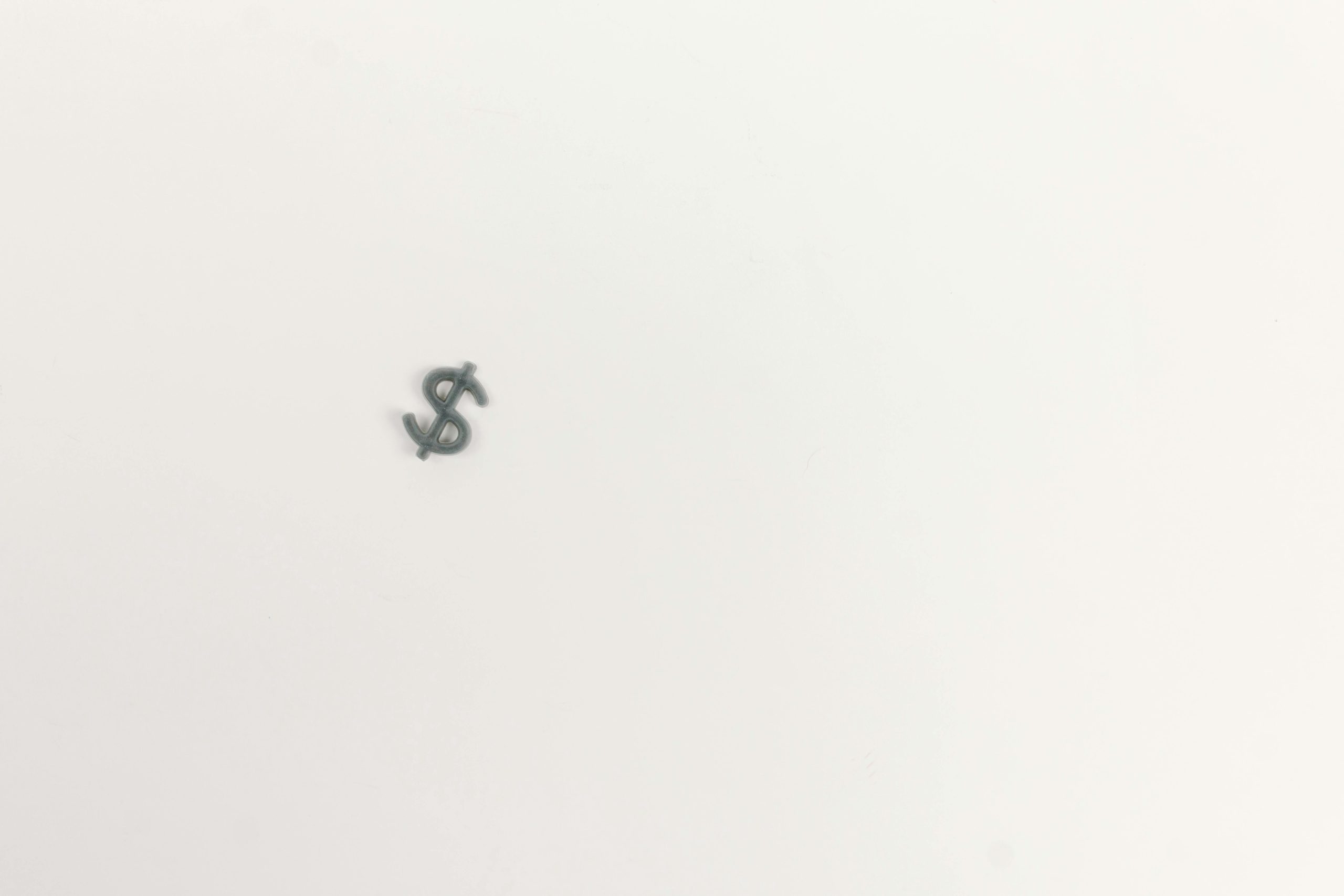Your cart is currently empty!

Steven Coulson
Steven has been drinking beers, wines and spirits for decades and has a propensity to go about them at length after a few drinks.
Latest Posts
- My wife found out our favorite Gin for martinis was discontinued. I think we are good for a while…

- Oregon Road Trip: Freeland Spirits Garden Botanicals Gin

- Botanist with Trader Joe’s Lemon and Elderflower Soda

- I’m one of the worlds leading buyers of craft gin in the world and a international spirit judge AMA

- I’m blown away…. By how let down I am by this Gin.

Categories
Tags
Social Links

Tipping Etiquette: How Knowledge Affects Gratuity for Bartenders
Recently, I had the pleasure of visiting a new bar where I ordered a Belgian gueuze. As someone who enjoys unique brews, I fully anticipated witnessing the typical mishaps surrounding the pronunciation of this complex beer. To my surprise, the bartender confidently pronounced it as “the guhz.” Not only did she articulate it correctly, but she also went on to share insights about the wild fermentation involved in making the gueuze, along with cheese pairing suggestions—all without me prompting her.
This level of expertise left me momentarily speechless. Too often, I’ve encountered bartenders who either dodge pronouncing names altogether or mispronounce them with exaggerated confidence while pouring. It was refreshing to meet someone who not only knew their product but also had a passion for sharing that knowledge.
In light of this exceptional service, I found myself tipping 30%, a gesture of appreciation for the bartender’s command of her craft. However, this experience sparked a question: Is there an unspoken rule for tipping based on a bartender’s knowledge and skill? Should the gratuity scale adjust depending on their proficiency with beverages, especially in a setting where such expertise stands out?
When you come across a bartender who not only knows what they are serving but also engages you in an informative conversation about it, how do you respond? Does their knowledge influence how much you choose to tip? It’s an intriguing dilemma for enthusiasts and casual drinkers alike.
In essence, while the traditional tipping standard hovers around 15-20%, maybe it’s time to consider a scale that rewards not just service, but the professionalism and passion behind the bar. After all, a little expertise can enhance the experience and make a visit memorable. So, what are your thoughts on adjusting tips based on a bartender’s knowledge? Share your experiences in the comments!
